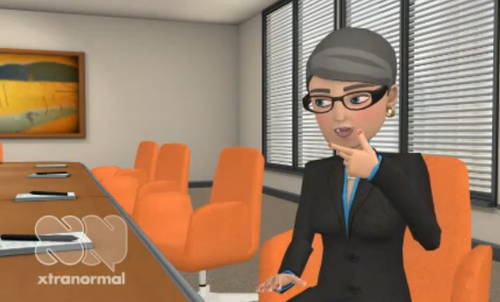eDiscovery Case Law: The Zubulake Rules of Civil Procedure
eDiscovery Case Law: The Zubulake Rules of Civil Procedure https://cloudnine.com/wp-content/themes/cloudnine/images/empty/thumbnail.jpg 150 150 CloudNine https://cloudnine.com/wp-content/themes/cloudnine/images/empty/thumbnail.jpg
As noted in Law Technology News (N.Y. Appellate Division Continues to Press ‘Zubulake’ EDD Standard) recently, the New York Appellate Division has embraced the federal standards of Zubulake v. UBS Warburg LLC, 220 FRD 212 in two case rulings within a month’s time.
read more



